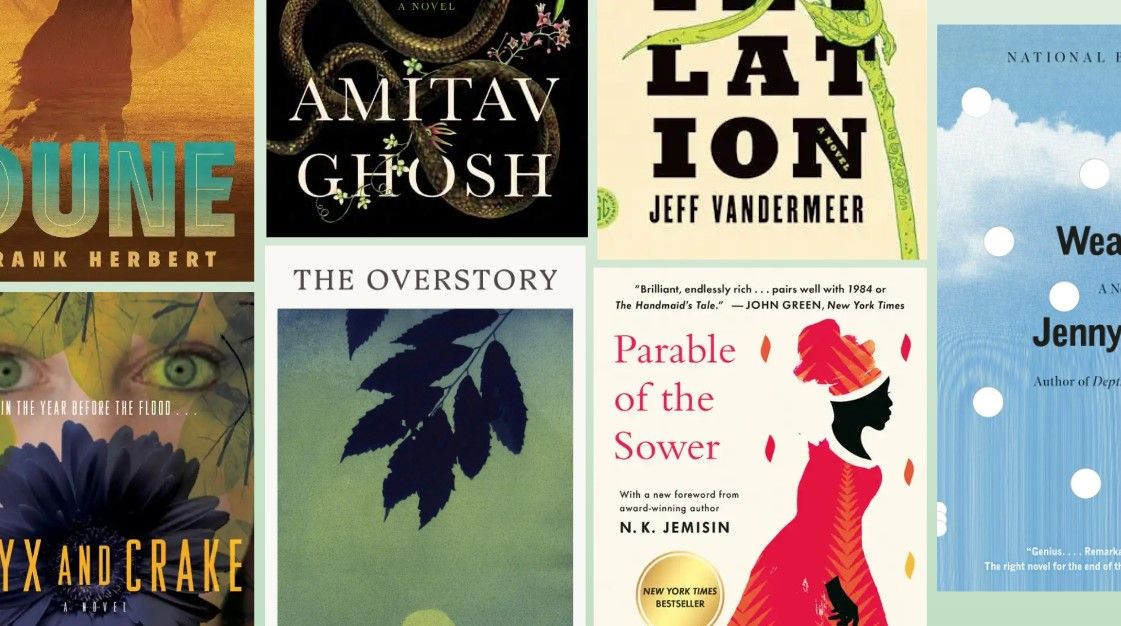In commemoration of Earth Month, here’s a selection of books that will transport you to worlds both strange and familiar
Earth Month invites us to meditate on our relationship with the environment and plan our next courses of action for the betterment of our planet. While we’re still mid-way through April, there’s no better time to explore these books that deal with themes about nature.
These works of fiction delve deep into the complex dynamic between humans and the environment. They take on topics such as biodiversity and the impact of man’s activities on the natural world, using storytelling to address, inform and educate readers through a critical and nuanced lens.
Though some of these works take place in far-flung and imagined universes, their common themes resonate with real-life concerns, offering insight into our relationship with our ecosystem.
Here are a few impactful book recommendations
More from Tatler: Hot off the press! Here are 10 highly anticipated books to read in 2024
'Gun Island' by Amitav Ghosh

This sweeping epic takes Bengali folklore to the modern world. A scholar embarks on a journey that spans space and time, examining a world on the brink of collapse. The story ponders the refugee crisis, among other concerns, such as natural disasters, rapid globalisation, and the loss of ancestral heritage.






